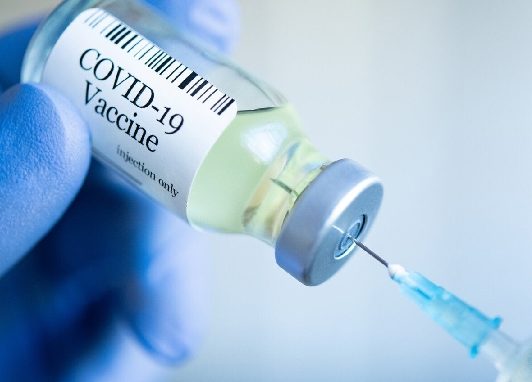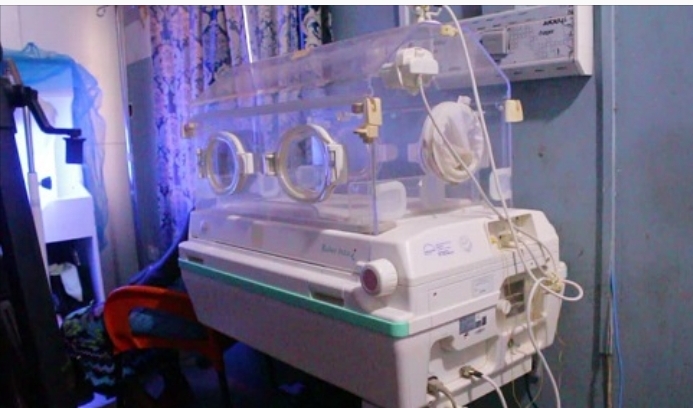Ghana records highest rabies cases in 2017

Cases of rabies had increased to 78 in 2017 from 44 recorded the previous year, making it the second highest number since 2014 which had 82 cases.
Similarly, 63,283 dogs were vaccinated against rabies out of an estimated 1,302,834 dogs recorded in the country at the end of 2017.
Speaking in an interview with the Ghanaian Times on Tuesday, the Director of Public Health and Food Safety at the Veterinary Service Department, Dr Bashiru Boi Kikimoto said three pigs had swine fever and two cats were diagnosed of rabies in 2017.
He said due to the increase in the rabies cases, his outfit has launched the “Free Ghana of rabies by the year 2030,” campaign as part of measures to help eliminate dog-to-human transmitted rabies.
The Director said, “there are a lot of vaccines available to vaccinate dogs and other animals against the disease in the country.”
Dr Kikimoto said during a three-year-long programme, animals would be vaccinated for free for two weeks by veterinary officers who would be in various districts across the country.
He indicated that it was the expectation of the service to eliminate the disease after the three-year programme.
He, therefore, called on owners of domestic animals especially dogs to ensure their animals were vaccinated.
The head of public health said rabies control was a multi-disciplinary and multi-dimensional activity which needed participation and effective inter-sectoral cooperation among medical and veterinary professionals.
He said if dog-transmitted rabies was to be eliminated, strengthening legislation concerning pet ownership, reducing the population of stray dogs, broadly implementing dog vaccination programmes and provision of early rabies diagnostic facilities and adequate post-exposure health care were prerequisites.
Source: ghanaiantimes.com.gh





